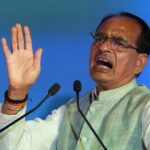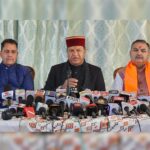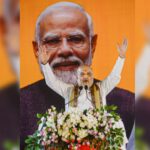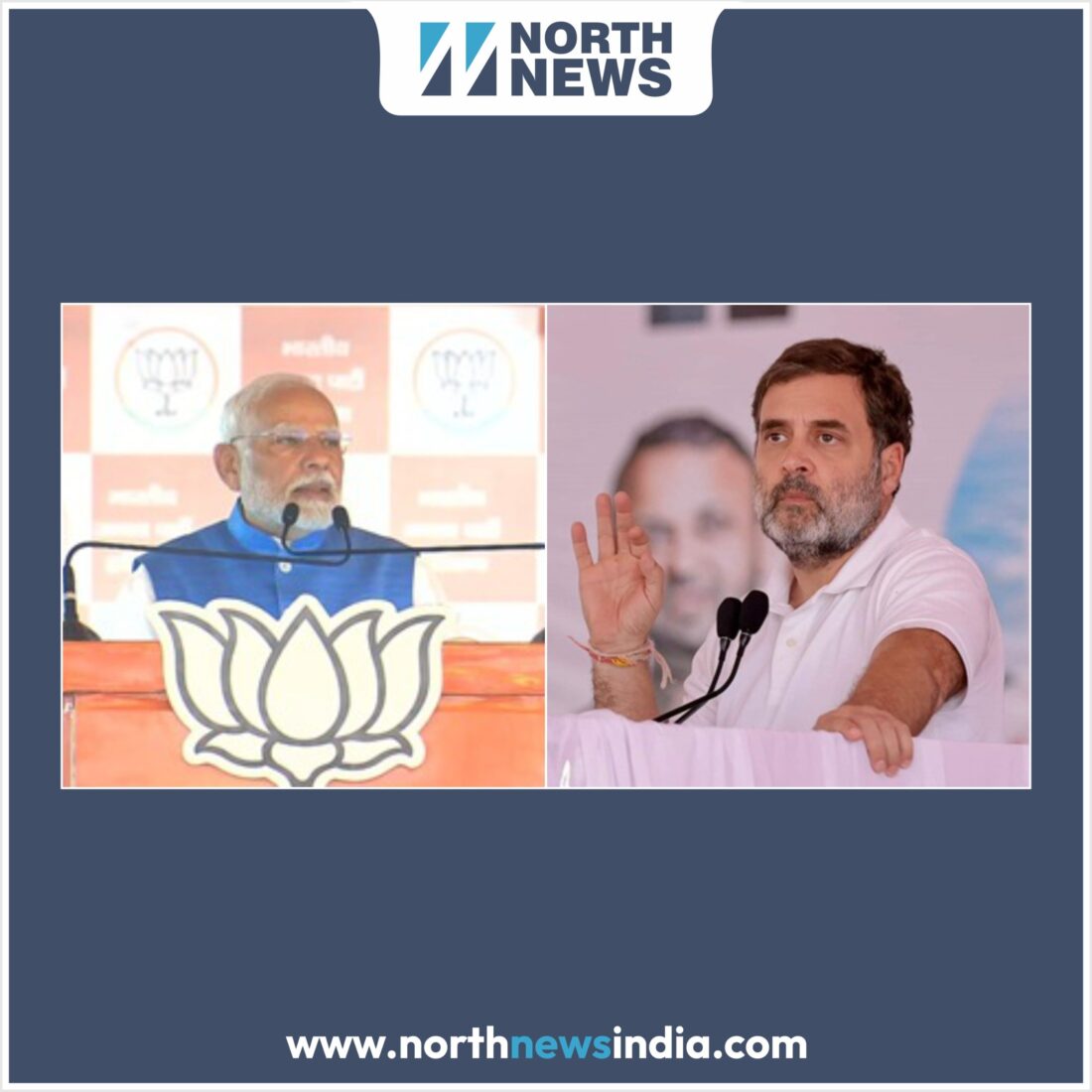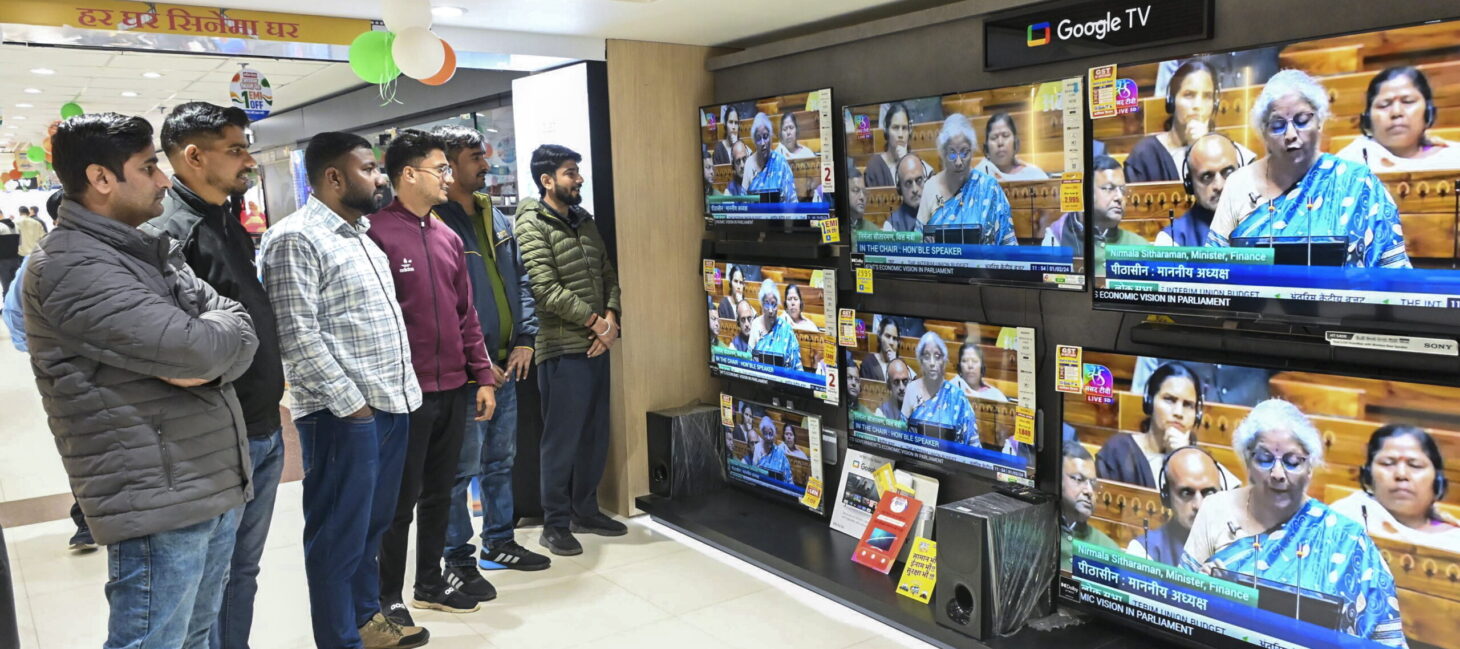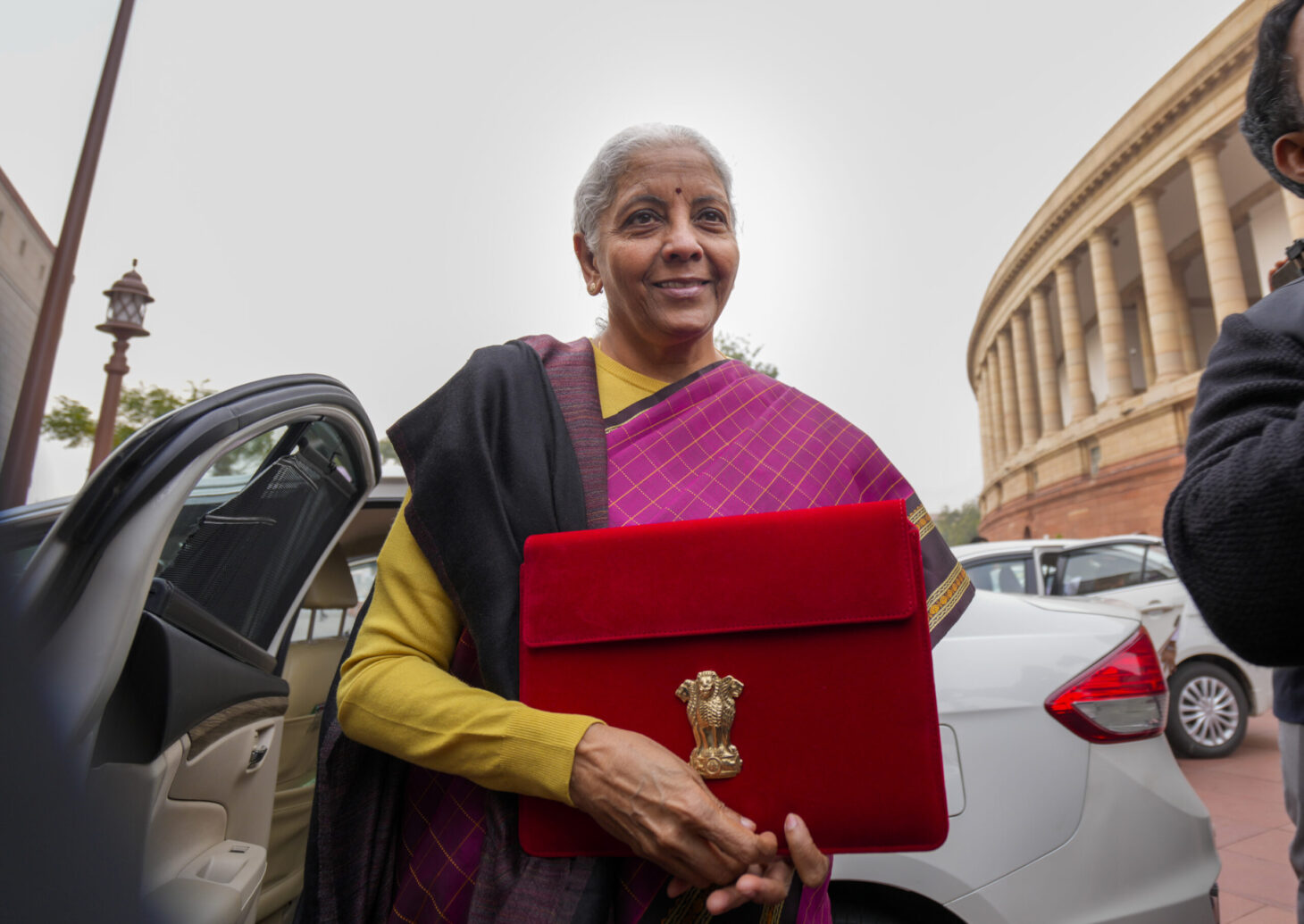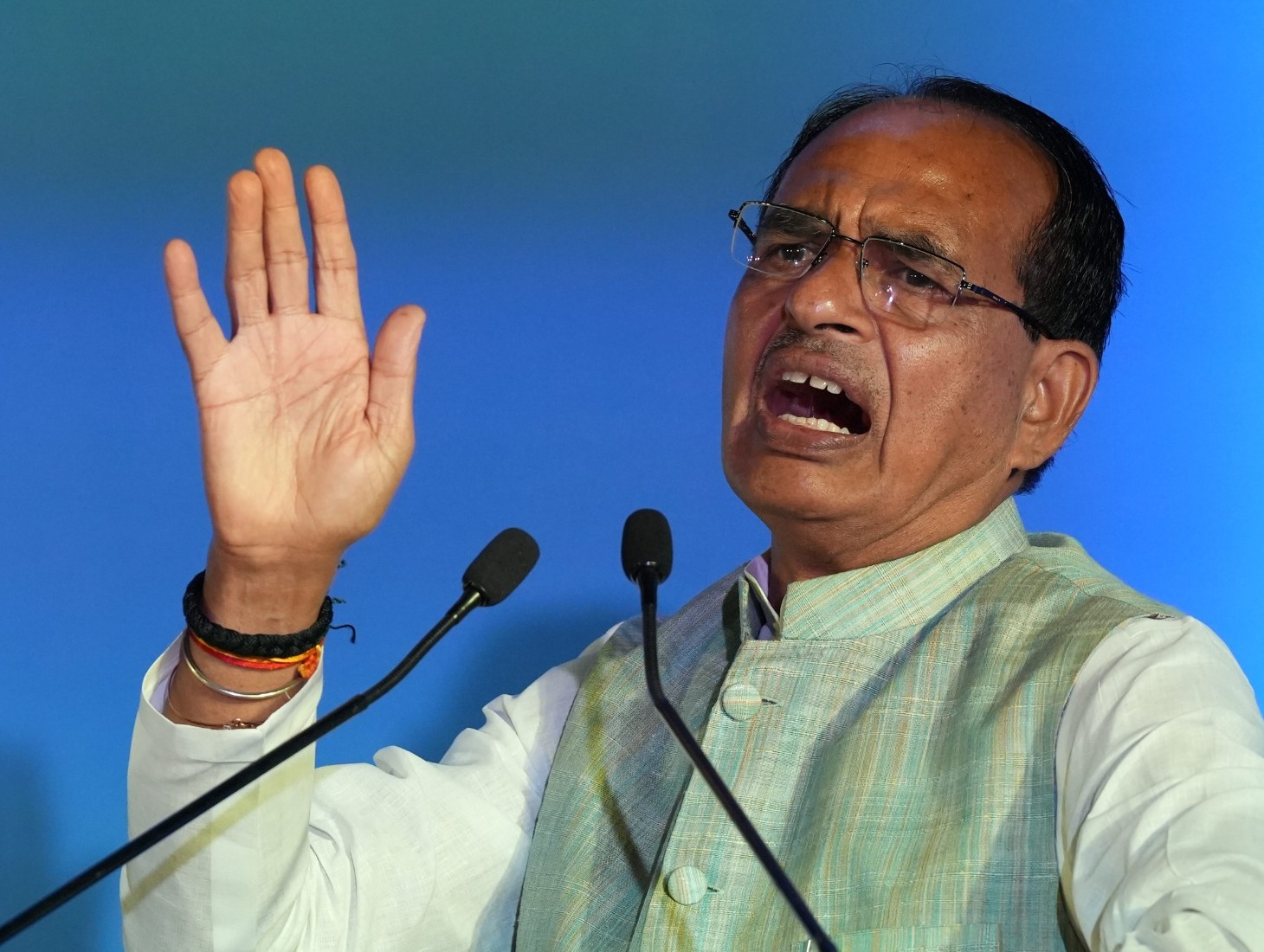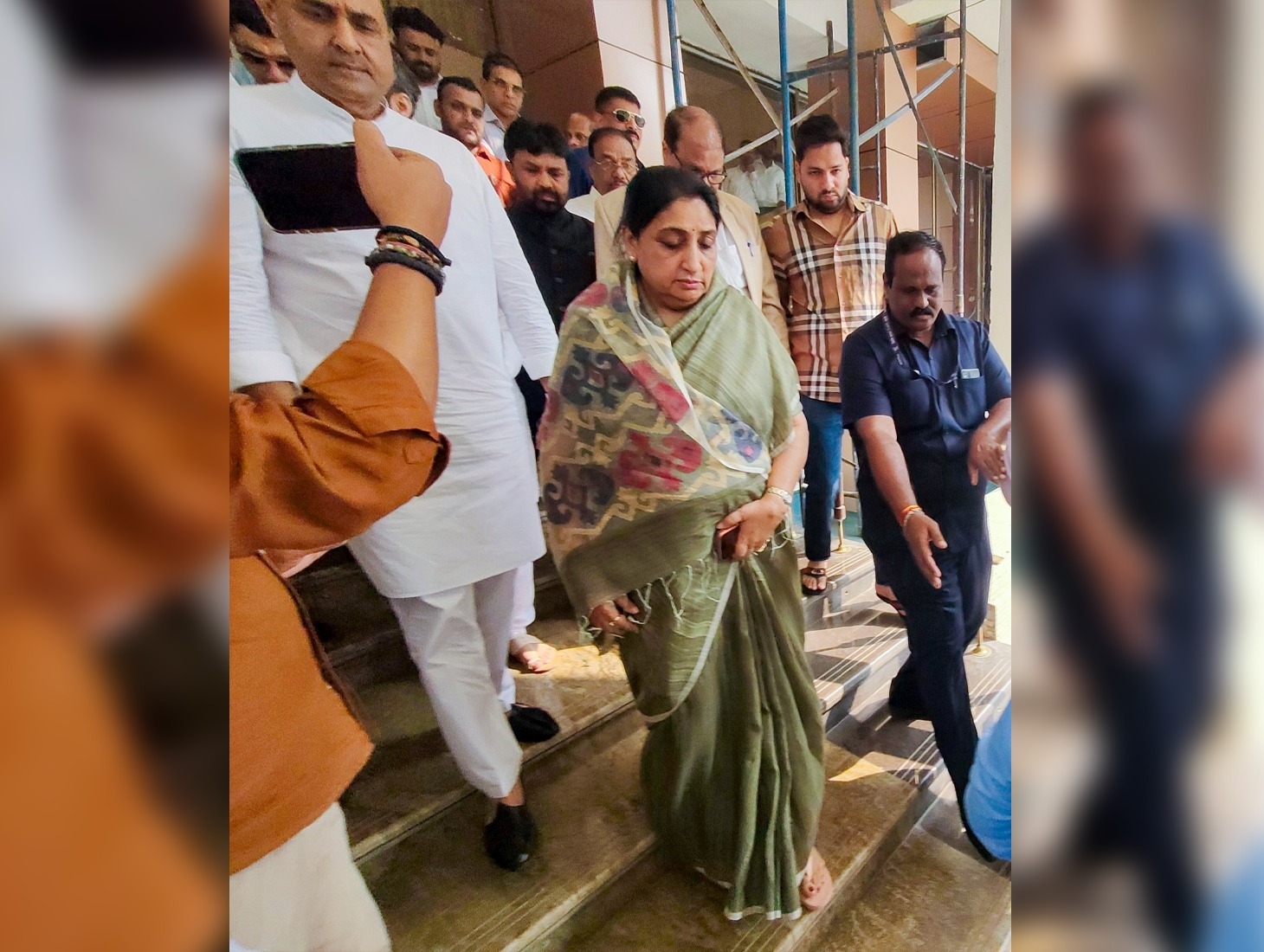North News Analysis
North News
Chandigarh, October 8
Despite widespread expectations of an anti-incumbency wave, Congress has struggled to consolidate its vote bank in the Haryana assembly elections, primarily due to internal party conflicts. The power struggle for the Chief Minister’s position between former CM Bhupinder Singh Hooda and MP Kumari Selja became a major point of contention, leading to open infighting. Kumari Selja, unhappy with Hooda, publicly expressed dissatisfaction over being sidelined during ticket distribution, accusing Hooda of marginalizing her. She also voiced her aspirations to become Chief Minister if Congress were to win, prompting intervention from the Congress high command to resolve the rift.
The Bharatiya Janata Party (BJP) seized on this internal discord, with senior leaders like Home Minister Amit Shah using it as a key talking point in their campaign. Shah and others highlighted Congress’ neglect of Dalit leaders, particularly Kumari Selja, as a significant flaw, making it a major point of attack. Reports even suggested that Hooda’s loyalists were fighting against Selja’s faction, deepening the internal divide.
While Congress faced these issues, the BJP’s election strategy proved effective. Despite strong criticism from opposition parties, which alleged widespread anti-incumbency sentiment, BJP leaders, including Prime Minister Narendra Modi and Amit Shah, led an aggressive campaign across the state. Congress’ heavy reliance on Bhupinder Singh Hooda to secure Jat, Dalit, and Muslim votes proved ineffective, as the anticipated voter coalition did not materialize.
In contrast, the BJP effectively consolidated non-Jat and non-Muslim votes, particularly from other backward classes (OBCs). Reports from the ground indicated that the BJP retained its stronghold in non-Jat areas in eastern and southern Haryana, while non-Jat votes in Jat-dominated western Haryana coalesced around the BJP in large numbers.
The split between the BJP and its former ally, the Jannayak Janata Party (JJP), just before the election, ironically worked in the BJP’s favor by shifting Jat votes away from Congress. Additionally, the decision by the Aam Aadmi Party (AAP) to contest the election independently further split Congress’ vote bank, benefiting the BJP. After the Lok Sabha elections, BJP leaders actively worked with the Rashtriya Swayamsevak Sangh (RSS) to mobilize manpower, contributing to the party’s strong performance in the polls.
In the end, the combination of Congress’ internal conflicts, strategic missteps, and the BJP’s focused campaign helped the ruling party overcome the challenges of anti-incumbency and secure an advantage in the Haryana elections.





